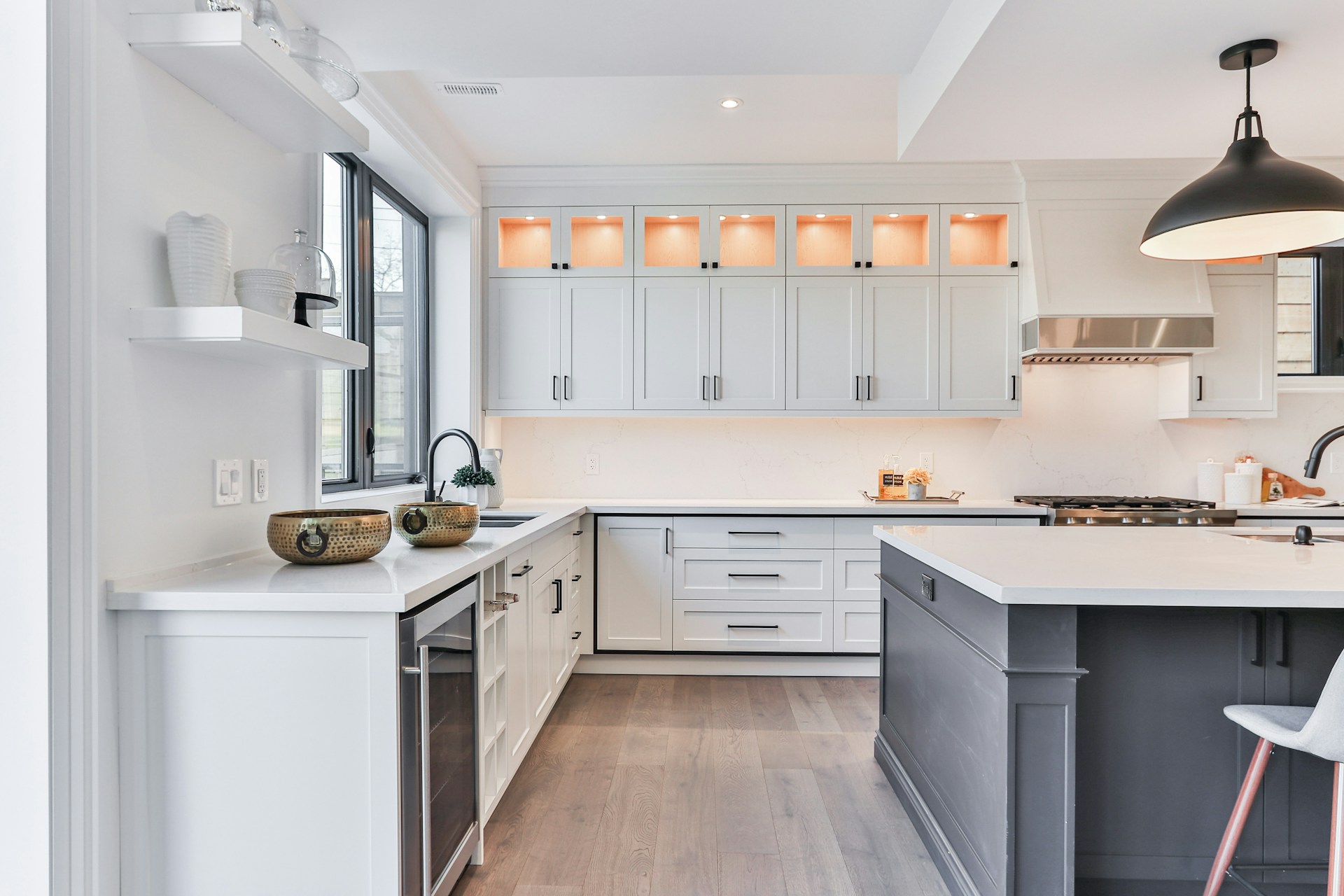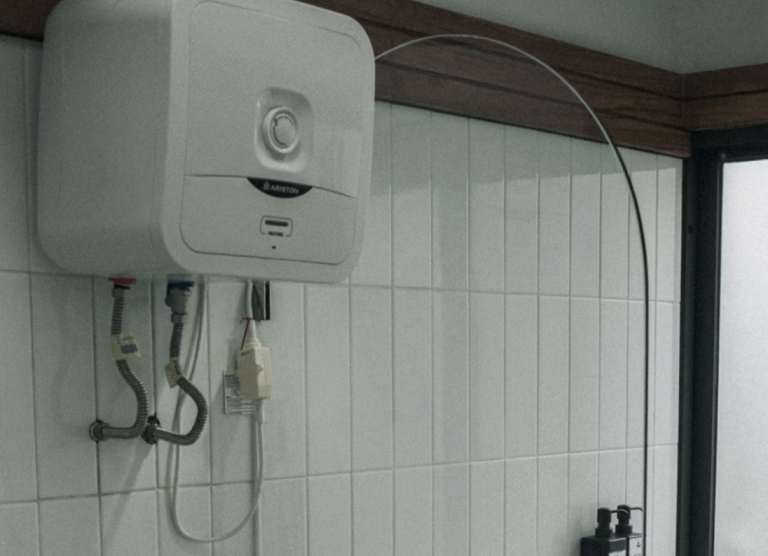How Do You Choose the Right Wholesale Cabinet Supplier for Your Next Project?

Finding the right wholesale cabinet supplier plays a huge role in any successful remodeling or building project. Choices depend on price, style variety, and supplier dependability, so the selection affects project quality and your overall experience. The best suppliers offer competitive prices, plenty of cabinet styles, dependable delivery, and strong customer service.
Many people want both quality and affordability, but not all suppliers deliver both. Therefore, shoppers should compare materials, check customer feedback, and review service guarantees before making a decision. Paying attention to these factors helps buyers pick a partner who keeps projects on schedule and meets design needs.
Cabinet needs differ for each project, so the right supplier should fit your exact goals, design taste, and budget. By keeping an eye on these details, dealers, builders, and homeowners can make informed choices and avoid unexpected problems later.
Key Factors in Choosing the Right Wholesale Cabinet Supplier
Picking the right wholesale cabinet supplier helps a project meet quality, timing, and budget expectations. The most important factors include products available, delivery speed, and support.
Evaluating Product Quality and Features
Cabinets serve as a long-term investment, so the material and construction matter greatly. Look for solid wood frames, sturdy hinges, and strong drawer glides. Features such as dovetail joints and soft-close mechanisms can signal higher-quality work.
Style options should match the intended space, with design choices like shaker, slab, or raised panel doors. Standard size wholesale kitchen cabinets are popular for kitchens seeking affordable yet professional-looking results. These sizes fit most layouts and allow for easier replacement or updates in the future.
Suppliers that provide durable, attractive cabinets allow contractors and homeowners to achieve better results. Well-built cabinets, such as those available through standard size wholesale kitchen cabinets, can also help projects stay within budget.
Assessing Supplier Reliability and Lead Times
Dealers want consistent delivery schedules and accurate information on product availability. Suppliers who keep large stocks on hand or offer fast, transparent shipping give buyers more control over timelines. Projects often stall if cabinets arrive late or orders arrive incomplete.
Look for quoted lead times and ask about order tracking systems. A supplier with nationwide shipping in 7–9 days reduces stress and allows for predictable project planning. Fast and clear shipping directly impacts construction schedules and customer satisfaction.
Suppliers who honor promised dates and communicate about production delays show respect for client needs. These practices support smoother project flow and help buyers avoid unneeded setbacks.
Comparing Customer Service Standards
Good customer service turns a regular supplier into a valuable long-term partner. Select a supplier who answers questions quickly, provides clear product details, and supports buyers during returns or warranty claims.
A knowledgeable sales staff can help recommend the best cabinets for a project’s needs. A responsive team listens to concerns, offers tailored solutions, and guides clients through each step of the order process. Issues like wrong shipments or product damage should receive fast, fair solutions.
For example, suppliers who deliver responsive service and dependable support make it easier to finish projects on time and within budget expectations. Professional communication adds trust and comfort throughout the buying process.
Strategic Considerations for a Successful Supplier Partnership
Selecting the best cabinet supplier involves more than product availability or price. Buyers should look closely at long-term value, warranty details, and after-sales support, as these factors often separate good partners from the rest.
Understanding Price and Value Alignment
Cabinet suppliers may give varying price quotes, but buyers should examine what comes with the cost. A low sticker price may not always mean greater value. Consider what is included, such as delivery, customization, and assembly support.
Buyers should confirm that the supplier’s pricing matches the quality of materials and craftsmanship offered. For example, suppliers that provide consistent quality at a reasonable rate often minimize risks like poor fit or defective materials. Users should also request clear pricing structures to avoid surprise fees later.
Another key tip is to compare quotes with detailed breakdowns. This allows a clear view of where each dollar goes. Buyers can then match spending with actual value—such as finishes, accessories, or special features. Value comes from a mix of fair pricing and useful extra services, not just the base cost.
Reviewing After-Sales Support and Warranties
Solid after-sales support helps customers address problems quickly after purchase. Reputable cabinet suppliers usually provide straightforward warranty terms. The length and scope of coverage show how much trust the supplier places in its products.
Buyers should ask how customer service teams respond to post-purchase issues. Quick resolution and clear communication save time and frustration. Good suppliers outline processes for returns, repairs, or replacements in case something does not meet expectations.
Warranties play an important role in protecting against costly repairs or replacements. Some suppliers offer limited coverage, while others include full parts and labor. Always ask for warranty details in writing and clarify coverage on finishes, hardware, and structural integrity. This gives peace of mind throughout the installation and use of the cabinets.
Conclusion
Selecting the right wholesale cabinet supplier requires careful thought about product quality, pricing, and delivery timing. Buyers should also look at customer service, support, and the supplier’s ability to meet specific project needs.
Creating a checklist can help weigh options more clearly. Comparing these factors allows buyers to avoid costly mistakes and get the most value.
A well-chosen supplier supports smooth project flow and better results for any build or renovation. Making this choice wisely leads to fewer headaches and a stronger finished project.






